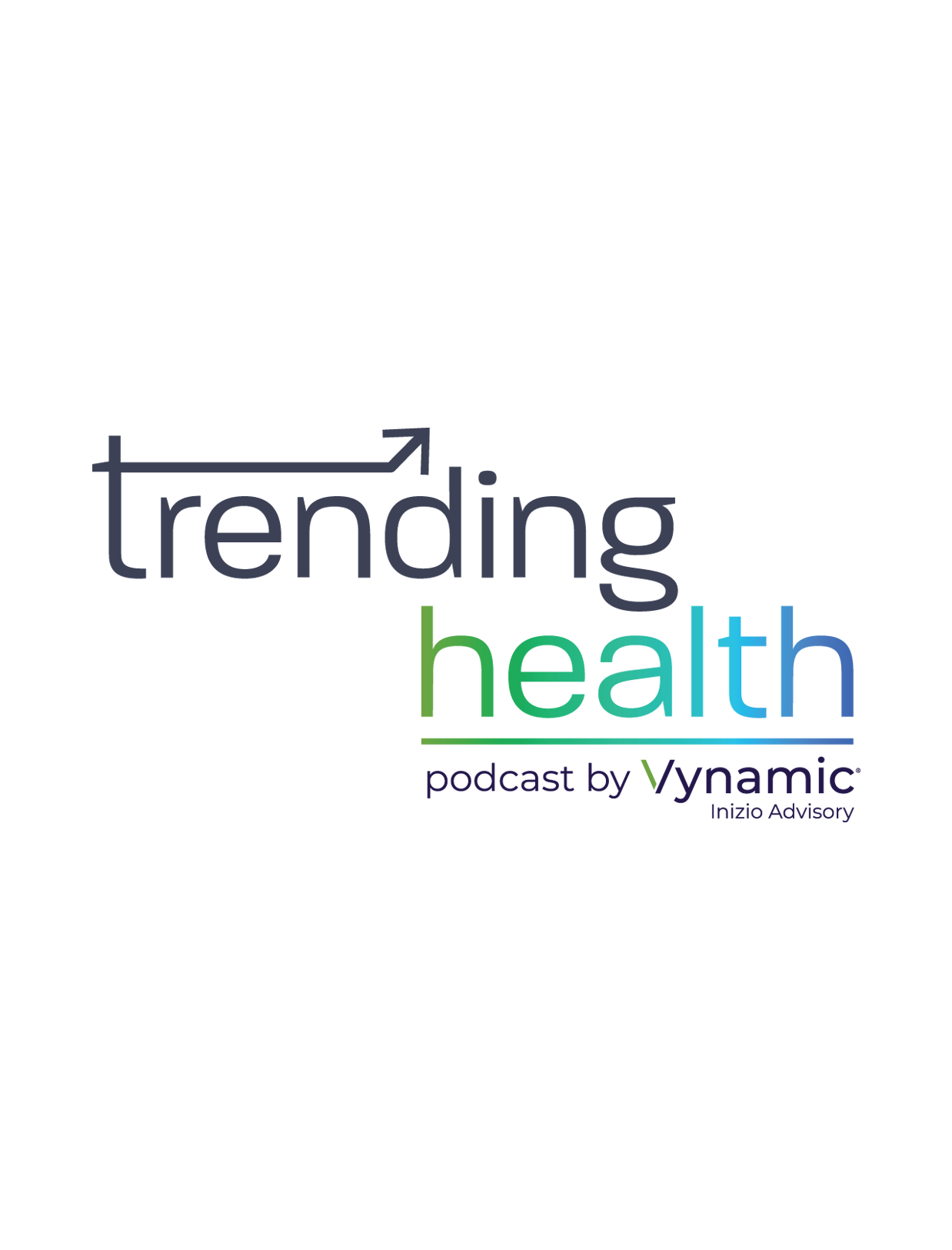In 2017 the US spent an estimated 450 billion dollars on prescription drugs, about 12% of the total healthcare spending. With public and political uproar surrounding the life sciences industry pricing practices, we ask “why is drug pricing so complicated?”. In this episode, we’ll discuss drug pricing and, more specifically, explore the question of why prices are so high. The panel will discuss why drug pricing is so complicated and why proposed efforts to drive down costs may have unintended and undesired effects.
Resources
Mike discussed a recent episode of the Verdict podcast in which they discussed a recent study regarding a machine learning algorithm that is able to predict heart attacks and death from heart disease with 90% accuracy, overtaking human practitioners.
https://www.verdict.co.uk/machine-learning-predicts-heart-attacks/
Mindy discussed an article in Health Affairs entitled “The Administration’s Drug Rebate Reforms: Four Implementation Questions That Will Influence Whether Drug Costs Fall”. The article focused on the impact that the Blueprint has on Medicare Part D plans, disruption of Part D enrollment, how CMS ensures point of care discounts and whether Medicaid recipients will receive any benefit.
https://www.healthaffairs.org/do/10.1377/hblog20190418.520197/full/
Ryan highlighted a Rueters article about the higher likelihood of physicians recommending cancer screenings during morning appointment times.
About Vynamic
Vynamic, an Inizio Advisory company, is a leading management consulting partner to global health organizations across Life Sciences, Health Services, and Health Technology. Founded and headquartered in Philadelphia, Vynamic has offices in Boston, Durham NC, New York, and London. Our purpose is simple: We believe there is a better way. We are passionate about shaping the future of health, and for more than 20 years we’ve helped clients transform by connecting strategy to action.
Through a structured, yet flexible delivery model, our accomplished leaders work as an extension of client teams, enabling growth, performance, and culture. Vynamic has been recognized by organizations like Great Place to Work and Business Culture Awards for being leaders and innovators in consulting, company culture, and health. Visit Vynamic.com to discover how we can help transform your
organization or your career.
Want to learn more? Get in touch!
Related Podcasts:
The 2025 Launch Landscape: Finding Stability in a System Under Pressure
The rules of product launch are changing fast. Policy reform, payer pressure, AI adoption, and shifting system dynamics...
Listen nowDirect by Design: Pharma’s Next Channel is the Patient
The traditional path to patients is being rewritten. As affordability pressures rise and patient expectations shift,...
Listen nowPharma, Meet Gen Z: The Generation Redefining Trust and Attention
As Gen Z steps into the healthcare workforce, they’re bringing new expectations for authenticity, technology, and...
Listen now